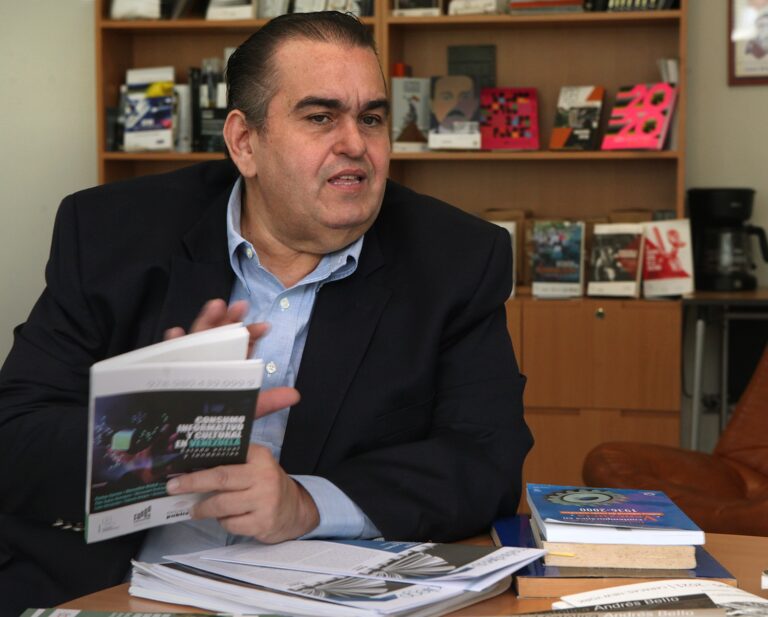(RSF/IFEX) – In a letter to Luis Miquilena, the president of the National Constituent Assembly (ANC), Robert Ménard, RSF’s secretary-general, “(is expressing) his concern over the threat posed to press freedom by a number of articles being debated for inclusion in the new constitution.” Because “these articles allow for the control of information and possibly […]
(RSF/IFEX) – In a letter to Luis Miquilena, the president of the National
Constituent Assembly (ANC), Robert Ménard, RSF’s secretary-general, “(is
expressing) his concern over the threat posed to press freedom by a number
of articles being debated for inclusion in the new constitution.” Because
“these articles allow for the control of information and possibly
censorship,” the international organisation asked the ANC president “to use
his influence to ensure that the proposed articles are rejected” and urged
him “to ensure that Venezuela’s international commitments regarding press
freedom are respected by the new constitution.”
On 24 September 1999, the ANC’s “Freedom of Expression” sub-committee put
forth a number of articles which would establish the right of all citizens
“to opportune, truthful and impartial information” and would create “a
defender of the reader”. This proposal was presented to the Constitutional
Committee which, once it has examined the articles, should submit them to a
vote by the Assembly plenary.
In RSF’s view, the proposed articles would permit the control of information
and possibly even lead to censorship. RSF notes that Article 13 of the
American Convention on Human Rights, ratified by Venezuela, stipulates that
the exercis of freedom of expression “cannot be subjected to prior
censorship”. In a 1996 resolution, the Inter-American Commission on Human
Rights specified that “it is unlawful to invoke society’s right to be
truthfully informed in support of a prior censorship system intended to
eliminate information that is deemed false according to the censors’
criteria.”
Furthermore, invoking the argument that information is not “opportune,
truthful or impartial” to punish a journalist, would also contradict the
American Convention on Human Rights. The convention establishes that the
media’s responsible conduct can only be questioned when the incriminating
articles negatively impact on “the respect for others’ rights or reputation”
or “the protection of national security, public order or public health and
morality.”


